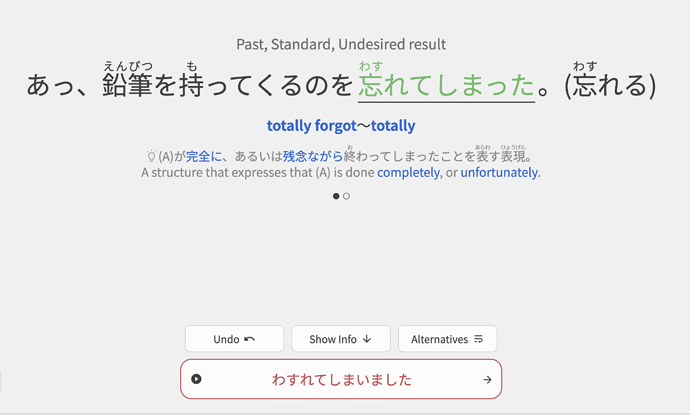Hello @Fuga ! Thank you for your explanation as it definitely cleared things up.
I did not realize that 終わる was intransitive… I now see the reason why the causative was used. If I may ask, would it be different if I were to use 終える instead?
ゲームを始める前に宿題を終えてしまおう。
This one seems to make sense grammatically, but I wonder if it really is correct.

